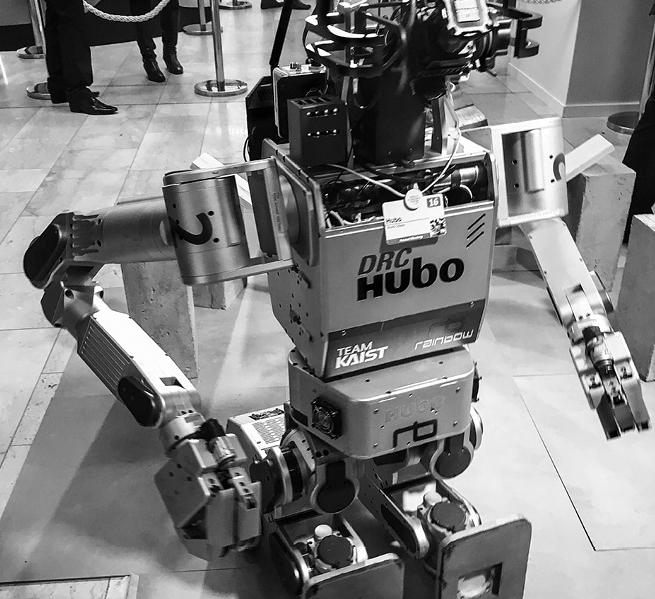Switzerland Precision

Such robots are said to be the future, Davos, Switzerland.
Switzerland is synonymous with high-quality timepieces, but you need to see how the Swiss actually use their watches to fully appreciate the importance of precision in the national culture. Standing on the platform at a railway station, if a train is even twenty or thirty seconds later than expected, you will see a forest of watches raised to eye level in frustration. Where in other countries eyes would roll, in Switzerland it is more likely that heads will, such is the importance of punctuality. This extends across everything: business meetings, social occasions, public events. A minute late is too late. Swiss culture demands that it happens on time, all the time.
Effective timekeeping is just one facet of the national obsession with precision in all things. If you own part of a community garden, it will be inspected on a regular basis to ensure that everything is being properly maintained, the hedges are at the right height, and so forth. If your patch doesn’t come up to scratch, then you will be issued with instructions by the “hedge police” about what to do differently.
The train companies, not satisfied with making service run in a punctual manner, also insist that conductors (incentivized by another Swiss staple—chocolate) ensure the train doors always stop in exactly the same place on a platform—so commuters know where they should be standing, to ease congestion. And the search for precision does not stop at their human employees. To keep the grass adjacent to train tracks from overgrowing, they have drafted in a particular breed of Swiss sheep to deal with the areas lawn mowers cannot easily reach. In the Swiss pursuit of precision, no embankment is seen as too inaccessible. Flying into Switzerland, it is impossible to miss the incredibly neatly ordered symmetry of fields all carefully curated and with clearly defined boundaries.
Precision has also been a defining feature of some of Switzerland’s most successful sons and daughters. Consider Albert Einstein, and his ultimately unfulfilled desire to develop a unifying theory of everything that could explain the entire functioning of the natural world; or the tennis superstar Roger Federer, widely seen as the epitome of elegance and precision in sport. Federer came up against many opponents who could run faster and further, and hit the ball harder. But none had the Swiss player’s uncanny ability to make the ball go exactly where he wanted it to. It was the relentless precision of Federer’s game that made him stand out as probably the greatest male tennis player of all time.
Davos, something else for which Switzerland is world-famous, is another testament to the Swiss art of precision. Where else in the world could a sleepy skiing village be turned into a destination where the corporate and political elite can be meticulously hosted each year? The infrastructure and security required to pull this off in the snow is extraordinary, and only Swiss precision makes it possible year after year.
To some, precision might feel like an obsession with detail that can be taken too far. But Switzerland, which has generally been good at shielding itself from economic shocks as well as geopolitical ones, and enjoys a prosperous economy for a resource-poor nation, demonstrates what can be achieved by focusing on precision in all things. Getting the details right matters because it builds trust, fosters a culture in which people can take pride, and ultimately helps deliver results: a well-maintained country, a political and educational system that works, and a nation that has through its policy of neutrality exempted itself from the major conflicts involving its near neighbors, and the damage they have wrought.
Being precise about the small things better equips you to take on the more important ones. It’s about creating good habits, and where these exist, success will generally follow.